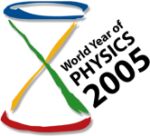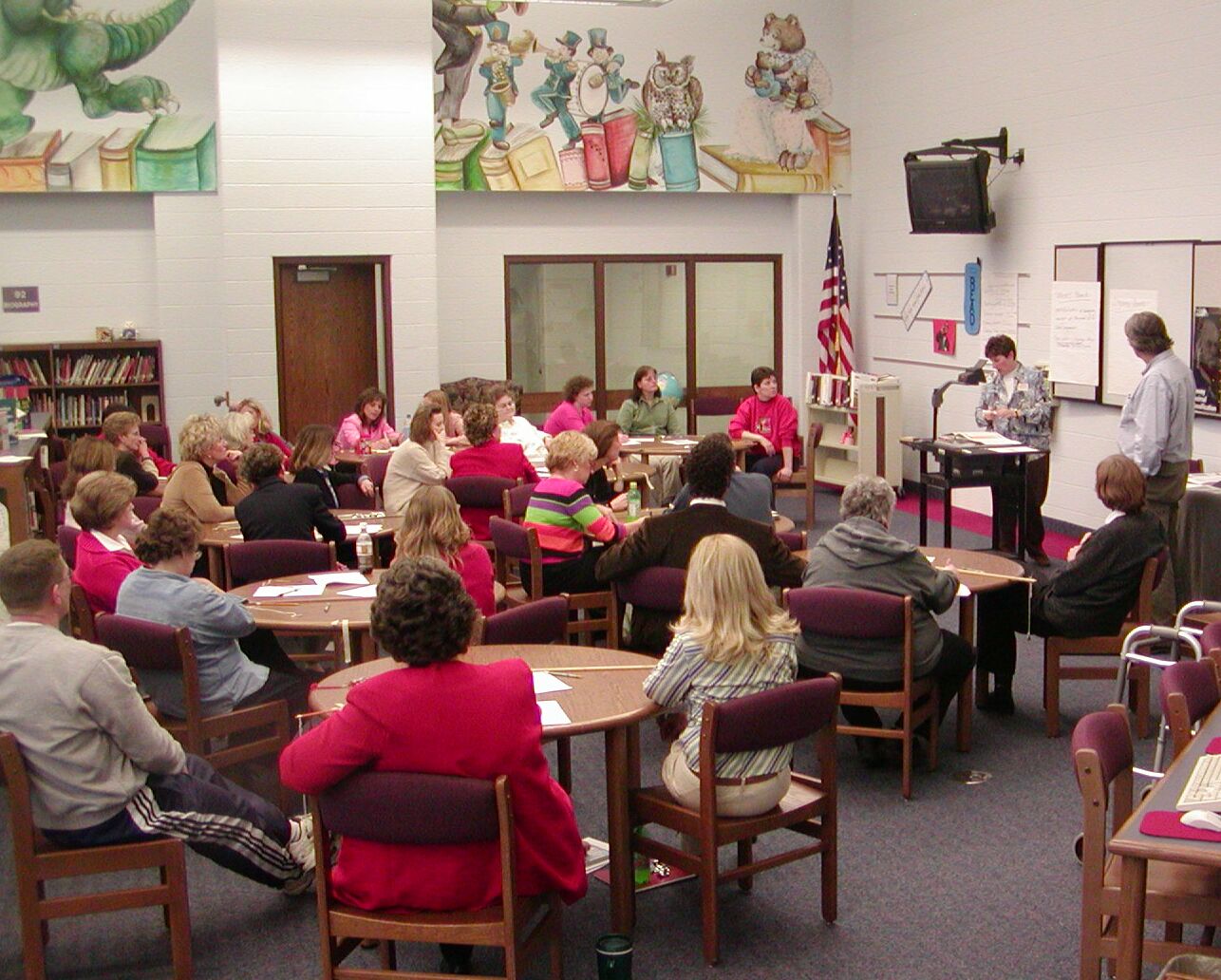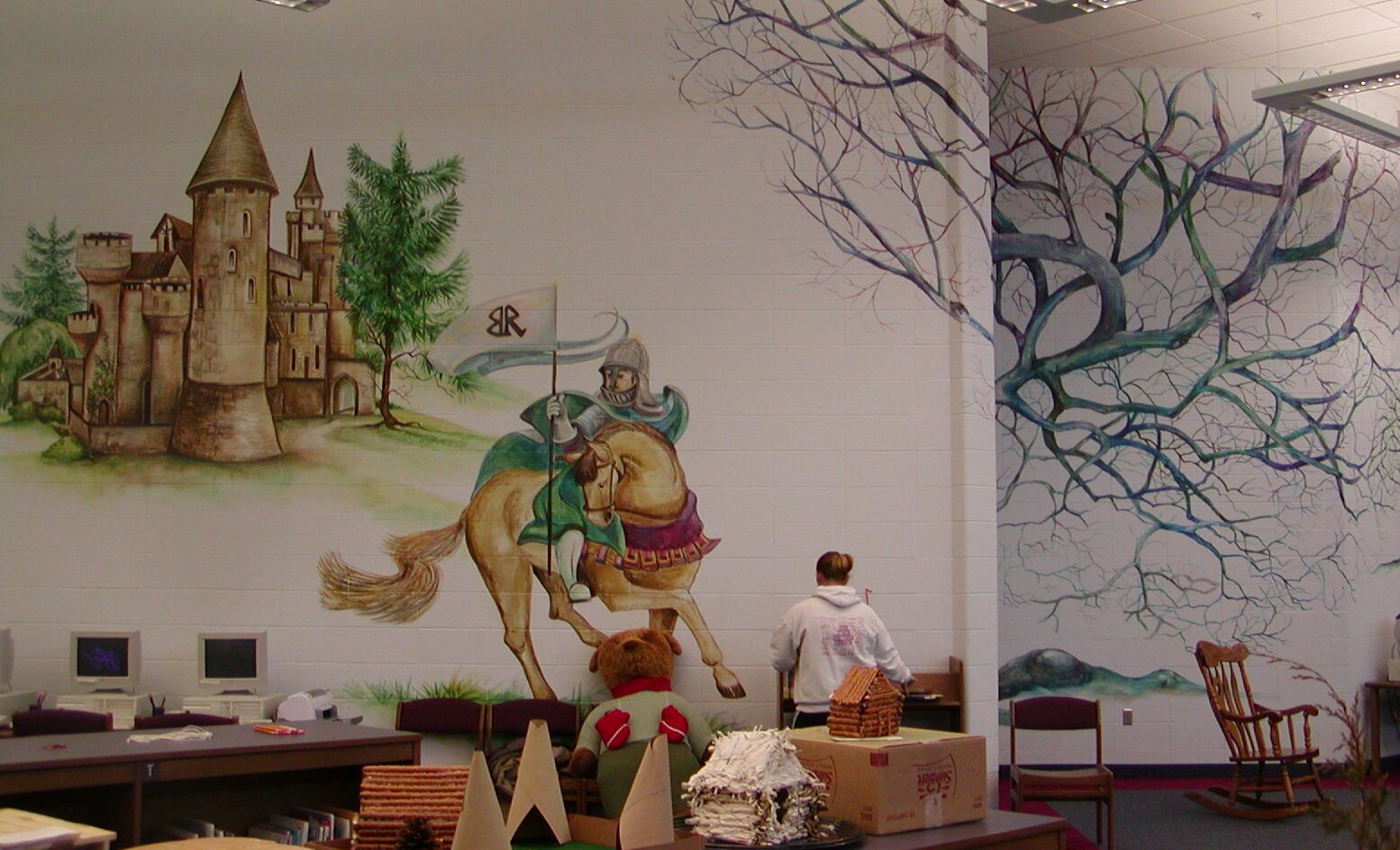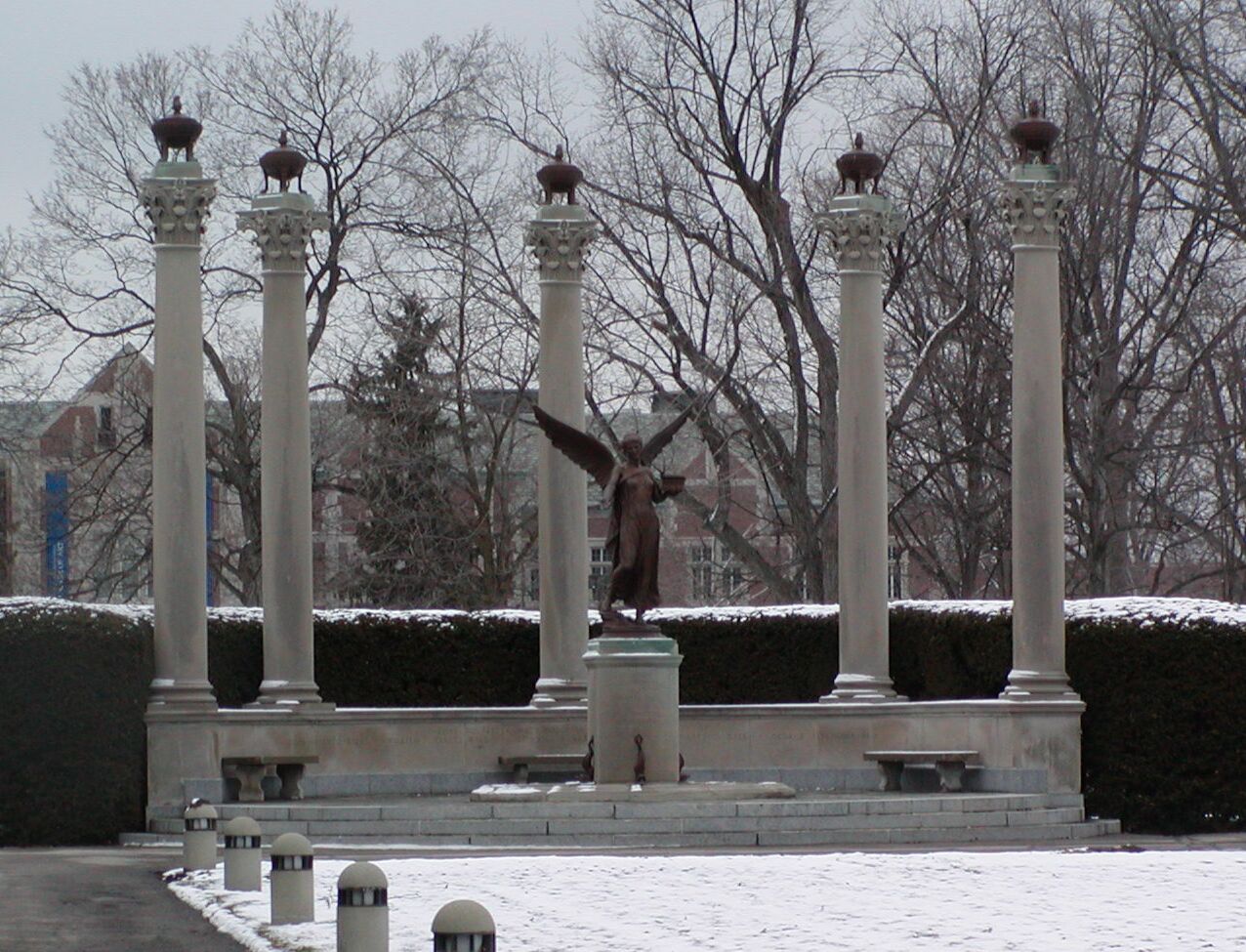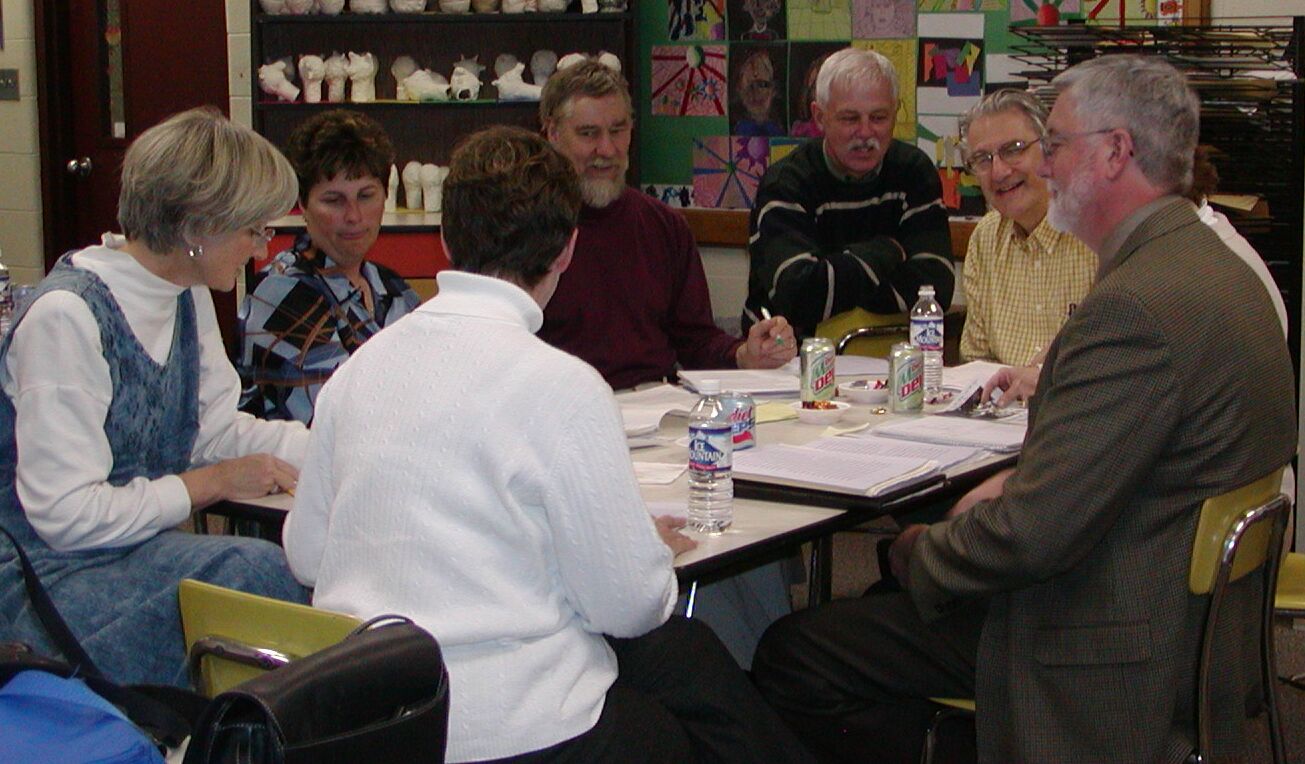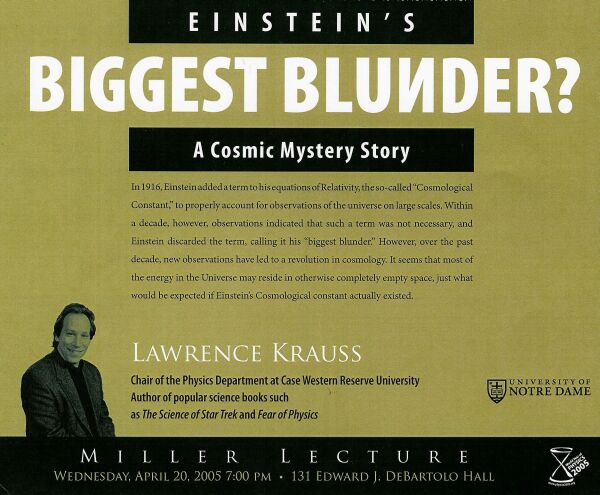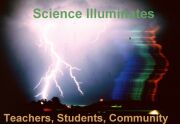

Nismec News
Issue 1.2 April 2005
The Northern Indiana
Science, Mathematics and Engineering Collaborative
NISMEC |
ND Outeach |
School Districts ->
Mishawaka |
New Prairie |
South Bend |
Elkhart |
John Glenn |
PHM |
Issue 1.2 April 2005

